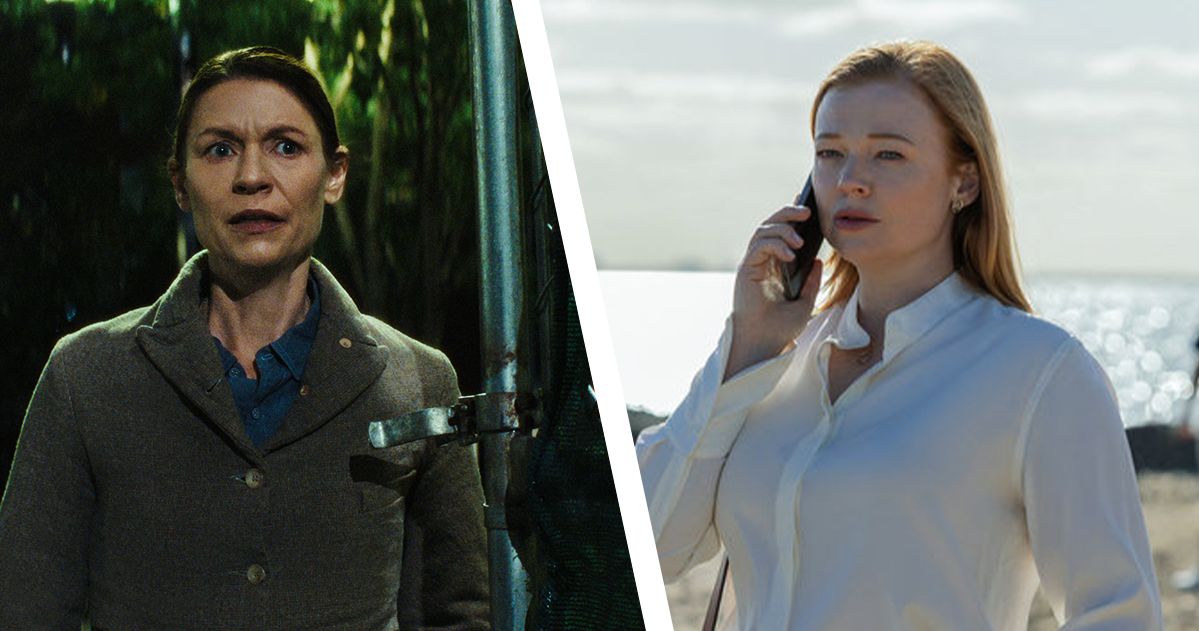
"There's a pattern in TV storytelling that's been hanging around for a long time, but it's recently proliferated into a full-blown scourge. If you've watched almost any streaming dramas in the past several years, you've likely seen at least one or two examples. It goes like this: Just as the story finally gets fun, with all the action careening toward the end of a season so all the mysteries can get solved and all the tension can explode, the second-to-last episode halts all that"
"But more than for overuse, the penultimate flashback episode should get thrown into TV-writing jail because it's a condensed expression of a particularly infuriating hang-up in so much television from the past few years, one in which a character is not just a character but a question with a straightforward answer that requires solving. Why is this woman so mean? She is grieving her child. What caused this man to snap and kill his wife? Daddy issues."
Penultimate flashback episodes routinely interrupt climactic momentum by inserting a backward-looking installment before the finale. The episode often follows a cliffhanger and refuses to immediately resolve the new revelation, instead delivering a homeworklike past recap. That structure stalls forward action and deprives viewers of immediate payoff. Overuse has transformed a once-surprising device into an endemic storytelling strategy that dulls suspense. The trope also encourages reductive character treatment, turning people into solvable puzzles explained by a single backstory fact. Treating plots as mysteries to be decoded flattens narrative causality and shortcuts richer, sequential storytelling.
Read at Vulture
Unable to calculate read time
Collection
[
|
...
]